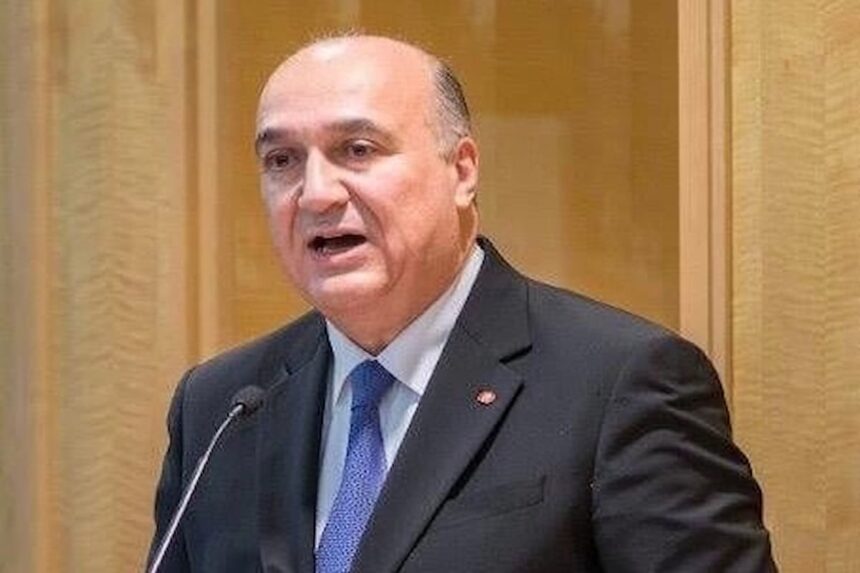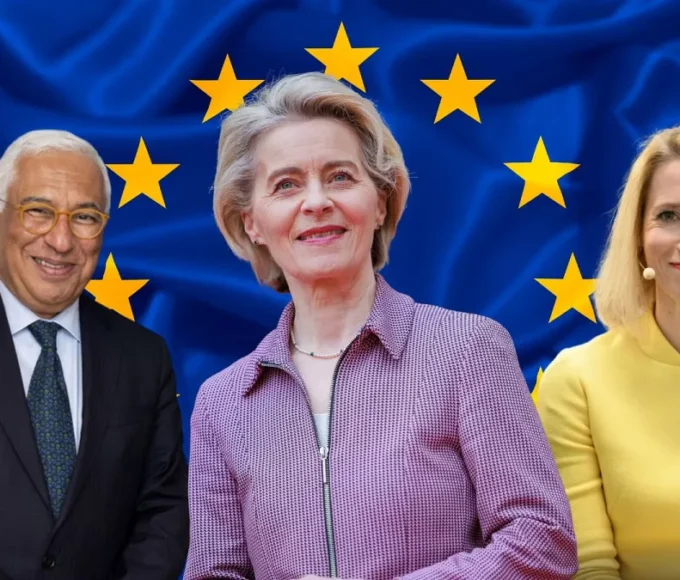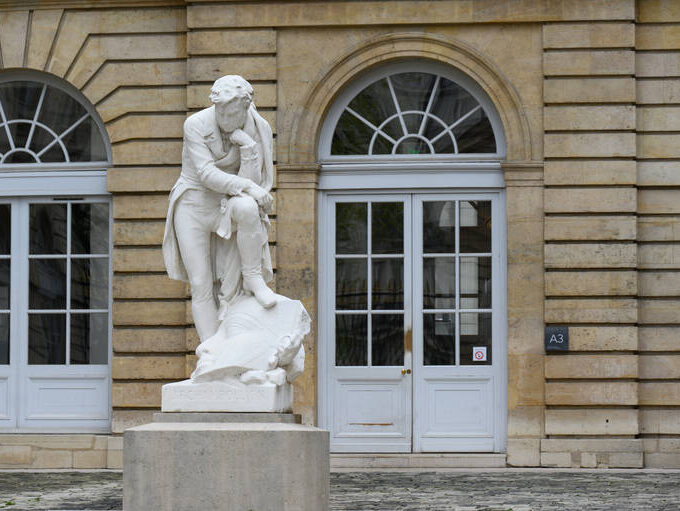His analysis is more than relevant and his speech is very structured, the diplomat, former ambassador of Tunisia in India, Japan and Germany, Elyes Kasri, analyzes for us in this long, but captivating, interview the last reshuffle at the head of the government. The analysis will focus on the balance sheet of Bouden, the choice of Hachani, but the interview will above all be an opportunity to discuss the priority measures to be taken urgently by the new head of government to consider a way out of the crisis.
On occasion, we couldn’t help but ask the brilliant diplomat questions about our diplomacy and the latest developments on the international scene.
Interview to read and reread.
With the appointment of a new prime minister, do you think a reshuffle, even partial but sufficiently significant, is necessary, if only to give more meaning to the function of head of government?
It seems obvious that the cohesion of the government team and the room for maneuver and leadership granted to the head of government will be an important factor in the quality of his performance in these times of crisis. In addition, greater transparency in the evaluation of Ms. Bouden’s mandate and the lessons to be learned to ensure better performance for her successor would be in the normal order of things in democracy and in business management. Thus, the closer we get to the universal rules of governance and transparency, the more we put on our side the chances of succeeding and convincing foreign partners whose contribution and trust have become essential.
It would also be necessary to dispel the impression among some of the cancellation in fact and in practice of the function of Head of Government and its replacement by that of Secretary General of the Government to the President of the Republic who has so far shown proof of a limited mastery of the laws of economics and finance, with all due respect to his person and his rank.
As for a possible reshuffle of the government team, it would be useful to let the new head of government choose his team, at least in the departments that are among his most urgent priorities, in order to ensure the required cohesion of government action. and to dispel the perception of multiple centers of influence and power within government.
A question that we can not help but ask the brilliant diplomat that you are. At a time of world upheaval against a backdrop of struggle if not war for global supremacy: war in Ukraine, the sound of boots in Africa if not war in Niger, a country bordering Algeria and Libya, which raise fears of new waves of migration, our diplomacy has a lot to do to guarantee the security of the country and win us more sympathy and financial solidarity, especially Arab. Is she in the role that should be hers today?
It is undeniable that the image of Tunisia has suffered from the end of the reign of the late Ben Ali and has failed to take advantage of the capital of sympathy generated by what is commonly described as the Jasmine Revolution and the Arab Spring. Thus, the thirst for democracy has given rise to calamitous governance and an era of corruption and abuse of power and position even under the noblest trappings. This phenomenon has been exacerbated in recent years by a series of misunderstandings with our main American, European and even Asian partners and our Maghreb neighbors, which has greatly contributed to Tunisia’s isolation on the international scene and the deterioration of its status in the Mediterranean region as well as in the Arab world and more recently in Africa. It must be recognized that if Tunisian diplomacy assumes part of the responsibility through its immobility and its weak reactivity, the Ministry of Foreign Affairs has not been immune to the wave of bad governance, infiltration and paralysis which has struck the entire Tunisian administration.
It is important to achieve and to make cooperation and development the common thread of any declaration or action of a diplomatic nature by Tunisia which, it must be admitted, despite the encouragement of certain fanatics, is not in a position to adopt an ideological diplomacy and certainly does not have the means to do so. Tunisia is obliged to stick to a diplomacy of cooperation and development which will be eminently useful to it in the current situation and could inspire other developing countries, particularly in Africa. Inflamed and radical positions can excite the crowds but do not feed the people, especially the Tunisian people who, in addition to galloping inflation and a purchasing power that melts like snow in the sun, have to queue to buy bread for food.
Tunisia must join the Arab and African consensus on the issues of the day and put aside the pretense of reinventing Arab history and nationalism. The exceptionalism and messianism of the past decade has cost us enough and done us enough harm. A re-establishment of relations of fraternity and trust with Morocco must be the first priority in order to balance the disproportionate influence of Algeria on Tunisia, with which relations must be governed by mutual respect and reciprocal trust as well as the sacrosanct principle of non-intervention in internal affairs. Moreover, a more active and balanced role on the Libyan scene would be very useful, given the importance of this neighbor for our economy and our security.
With the United States of America, Europe and the other G7 countries, it would be useful to revitalize our diplomacy and the bilateral and multilateral mechanisms for consultation and cooperation in order to make them opportunities for sharing experiences and search for opportunities and win-win cooperation mechanisms. We have to realize that in today’s world and in the expectation of the hypothetical new world order with its still uncertain outlines, American influence on international financial institutions and our main European partner can only be underestimated or ignored at our expense. It is not the enthusiasm and bluster of Giorgia Meloni that will change this harsh reality of international relations.
With Asia, this cooperation, long kept in slow motion by Tunisia through short-sightedness and reluctance, should be relaunched without giving it the appearance of a strategic alignment or a swing from one camp to another. Having served as Ambassador to the Republic of Korea, India and Japan and twice as General Manager for America and Asia, I have had the bitter experience of many missed opportunities with these countries. It should be remembered that Tunisia’s international stature was greatly respected during the Cold War for its policy of non-alignment and openness to cooperation with all potential partners, respecting respective choices. Thus, despite great affinities with the West and the United States of America, Bourguiba’s Tunisia had implemented a whole hydraulic, medical and training strategy for an elite of engineers with the help of the Soviet Union and the Warsaw Pact with effects from which we have benefited to this day.
Diplomacy deserves to be strengthened by a new internal organization, more substantial means and a better studied, lighter and more modern international deployment. Thus, in addition to the full and complete recovery of the business of Tunisian residents abroad, considered as an asset not to be let go by the Ministry of Social Affairs, and the reintegration of international cooperation which was, it should be remembered, a State Secretariat at the Ministry of Foreign Affairs, notably under the direction of the brilliant diplomat the late Ahmed Ben Arfa, the Ministry of Foreign Affairs must change to improve its governance and working methods, including the adoption of a new statute in particular encouraging competence and self-sacrifice and protecting the careers of diplomats from the sword of Damocles of discretionary power which destroys morale and confidence in the future by establishing subjective and sometimes extra-professional criteria of competency and performance assessment. It is also high time to accelerate the digitization of the ministry’s activities in the headquarters and posts abroad, as well as the services offered to Tunisian nationals abroad.
Tunisian diplomacy must set itself concrete objectives during any participation or organization of an international event and carry out a calm, objective and uncompromising assessment a posteriori. In this regard, a calm assessment of the latest international events organized in Tunisia, in particular the Arab summit of 2019, Ticad 8 and the Francophonie summit (2022), would benefit from being made in order to draw the necessary lessons. to consolidate the achievements and avoid repeating the same shortcomings and errors.
Is there a question you wish you had answered that you weren’t asked?
Many questions could have been asked and many answers could have been given. However, I will content myself with sharing my deep conviction that Tunisia is a blessed land and that the darker the sky, the more we can see a clearing on the horizon with a bright sun. The coronavirus pandemic, the aftermath of the war in Ukraine and the recent turmoil in the African Sahel region could be perceived as threats to Tunisia, but for the shrewd and daring statesman and diplomat, these are in fact so many opportunities to be seized to ensure Tunisia’s development and establish its international stature as a factor of peace and international stability.
This article is originally published on leconomistemaghrebin.com








